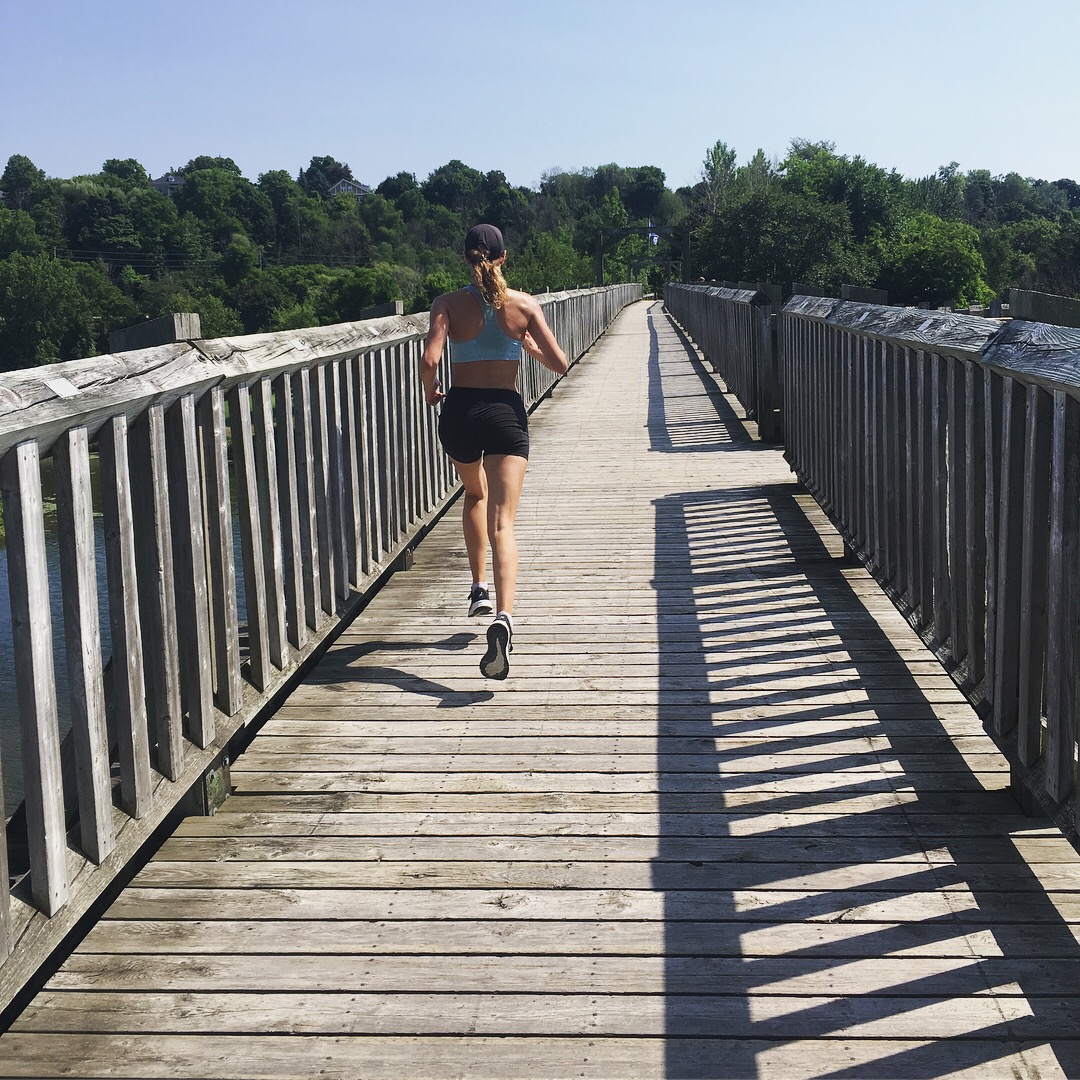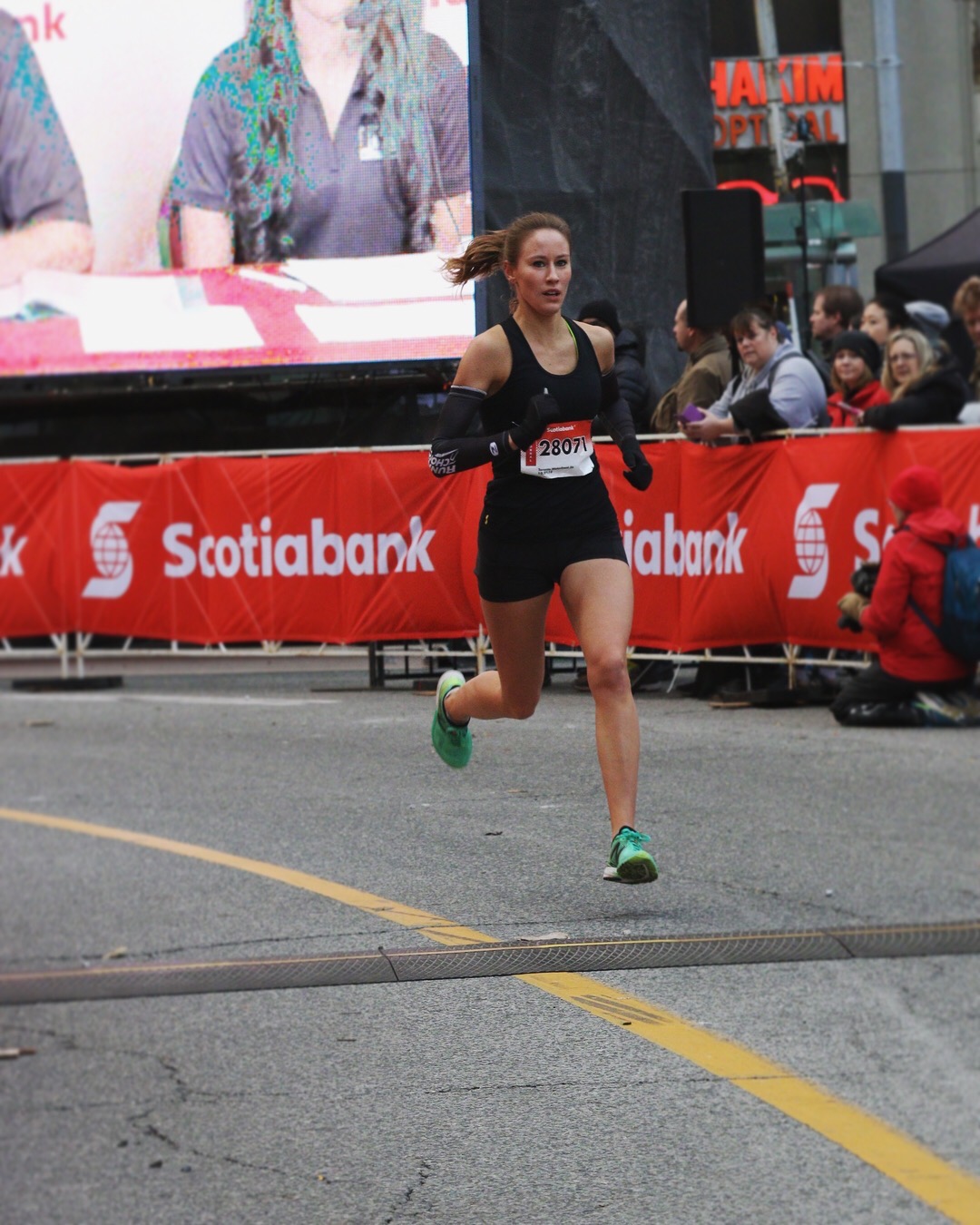Exercising During a Pandemic
As we navigate life in the midst of a global pandemic, hibernating safe at home and practicing physical distancing when venturing outdoors, times feel very uncertain. This uncertainty can create stress and anxiety.
Exercise can be a wonderful way to mitigate stressors, improve physical fitness and benefit our mental health. With fitness centers and many parks closed, we’ve all had to get a little creative and make some adjustments to our regular routine. In order to respect others and maintain your own safety, there are a few things to keep in mind when exercising in times of a pandemic.
Research around exercise and COVID-19 is still in preliminary phases. However, information about exercise and other viral diseases that may relate to COVID-19 can provide us with important insights.
Simply put, exercise imposes multiple stressors on the human body that lead to several physiological responses, one of which is an immune system response (the system that is responsible for fighting off pathogens and disease). After a bout of exercise, our immune system can be weakened temporarily. This is particularly true when the exercise or stressor is of high intensity or a longer duration than the body is used to.
With this in mind, the researchers at University of Toronto are cautioning people to avoid any major increases in intensity or duration from your regular exercise routine. At the same time, regular exercisers can feel comfortable in maintaining an exercise routine that their body is accustomed to. This could mean getting back to base training, gradually progressing strength training or going for daily walks. This is significant because engaging in regular exercise can arm us with a stronger and more effective natural immune response to inflammatory stimuli.
Running During a Pandemic
Running is one way to stay active and can be done while remaining conscientious of others and following the physical distancing measures in place. Whether you are a seasoned runner or just a beginner, here are a few tips for running in times of a pandemic:
- Run alone or with immediate family members/friends (i.e. those you live with). Now is not the time for large group runs.
- Be aware of space. When we exercise and breathe heavier than normal, the water vapour/droplets in our breathing and sweat travel further. Therefore, while exercising it may be smart to maintain a greater distance than the recommended 2m/6ft from others.
- Listen to your body. Do not make any big leaps in your training program that could lead to overtraining or injury. A good rule of thumb is to increase training load by 10% per week, or to consult a physiotherapist or coach to guide you in developing your program.
- Enjoy the outdoors! Appreciate the fresh air and time outside while reaping the benefits of physical activity.
Above all, we are here to help. Physiotherapists at Skye Health are skilled professionals, trained in guiding individuals who are new to exercising and treating those who are dealing with injury.
Whether it be returning to activity after injury or safely starting an exercise program, we can help create a plan in order to meet your goals. We are happily offering telehealth (or ‘virtual’) visits in which you can connect one-on-one with a physiotherapist from the comfort of your home. Check out our website for more information about our telehealth physiotherapy.
Written by Shannen Murray, MPT and former Varsity Runner at Queen's University
Much of the information that has been shared is from an article out of the University of Toronto in which experts from the Faculty of Kinesiology and Physical Education share their insights and tips around stay active in these times.


